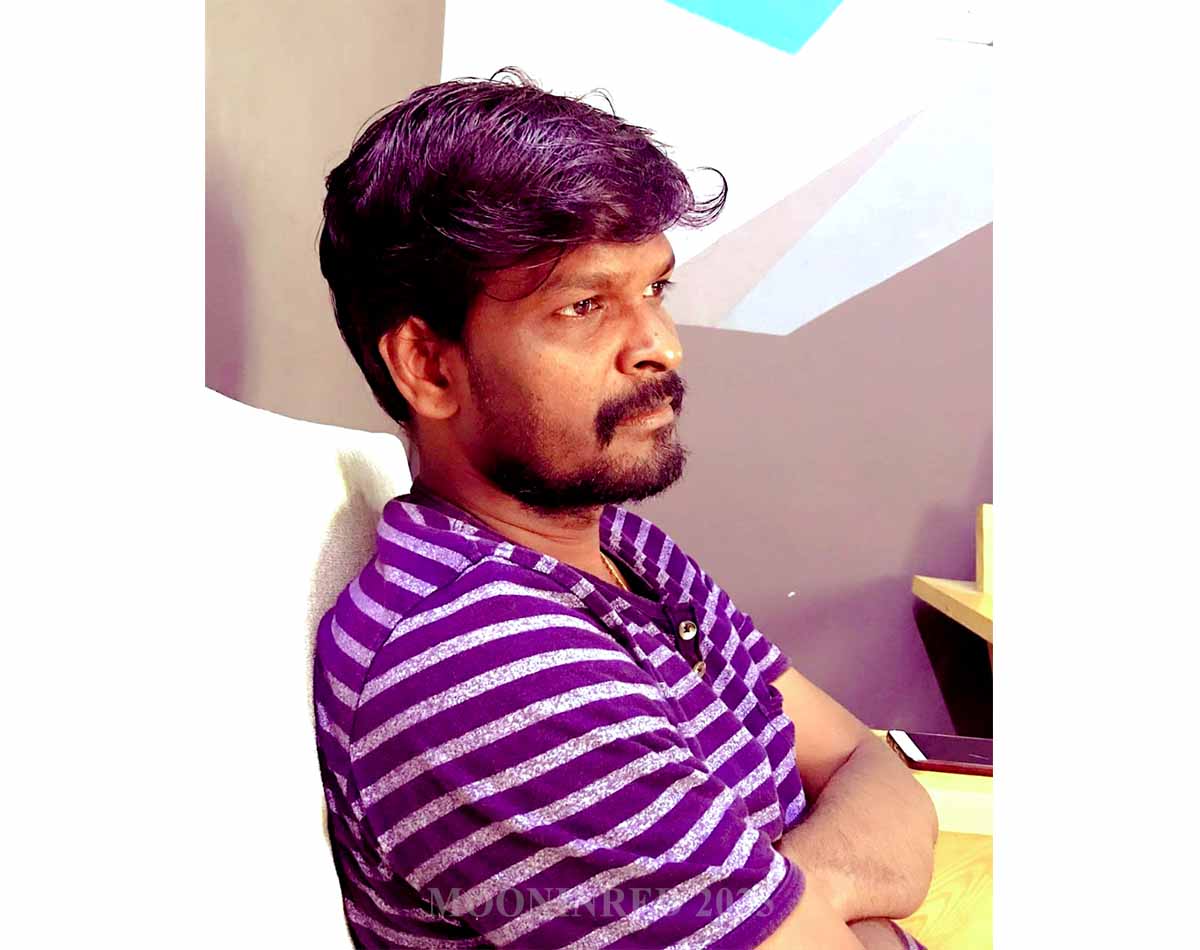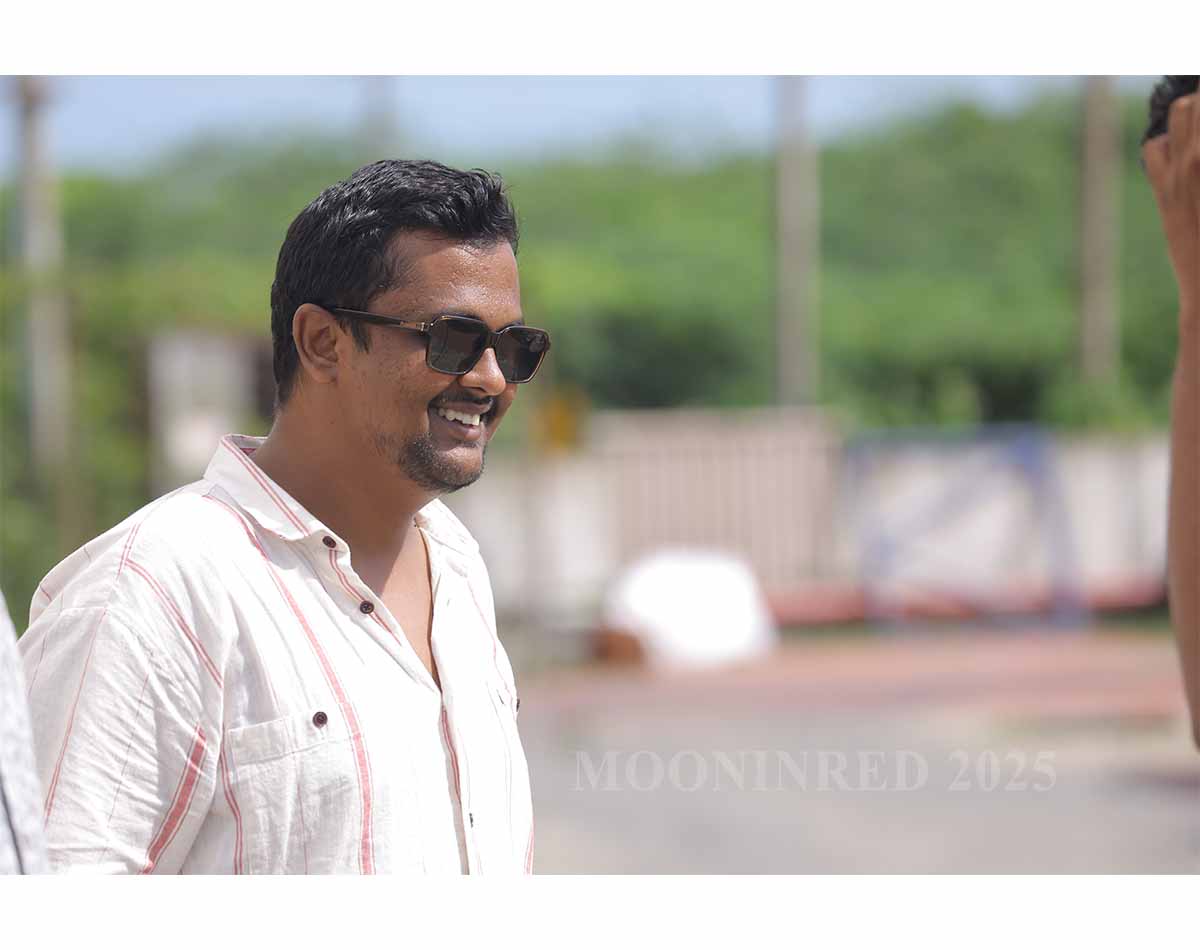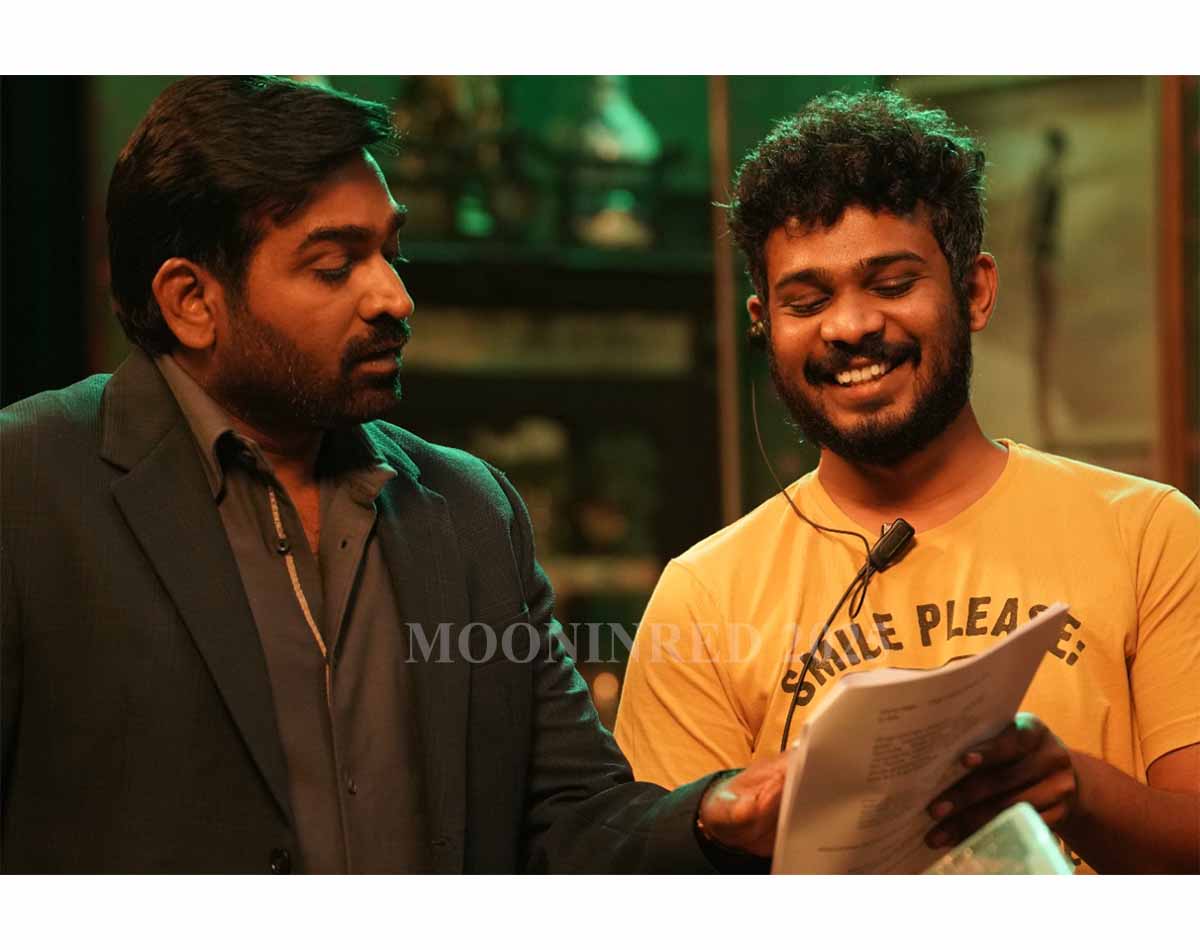The Rise of Director Ezhil Periyavedi: A Voice for Social Cinema
“Ezhil Periyavedi” is a debutant director who has stepped into Tamil cinema with a compelling purpose. Formerly an assistant to renowned filmmaker Raju Murugan, Ezhil makes his directorial debut with the film “Parari,” which stands out for its rooted narrative and socially conscious themes. And Parari got above 15 awards for its social message. His journey into cinema is not accidental but one shaped by purpose, perseverance, and a deep sense of social responsibility.
Hailing from Rajapalayam village in the Tiruvannamalai district, Ezhil’s story is as grounded as the characters he brings to life on screen. He completed his schooling up to the 12th standard in Tiruvannamalai and later moved to Chennai. Deeply passionate about drawing, he pursued studies in the arts. Alongside his artistic pursuits, he is also actively involved in the Tamil Nadu Kalai Ilakkiya Perumandram, where he serves as a district secretary. Prior to this, he held the position of city secretary. His contributions to the literary and cultural landscape of Tamil Nadu are notable.
A decade ago, he had already created over ten short films, gradually developing his storytelling style and voice. It was during a celebratory event for the film “Cuckoo,” known as the Paraatu Vizha, organized by the Tamil Nadu Kalai Ilakkiya Perumandram, that director Raju Murugan noticed Ezhil’s potential. He inquired about Ezhil’s work and invited him to join as an assistant director. Ezhil went on to work with him in two critically acclaimed films: “Joker” and “Gypsy.”
Initially, Raju Murugan had planned to produce “Parari,” but due to unforeseen circumstances, he had to step back. The production was eventually taken over by actor Harisankar, who also played the lead role of Maran. The film, however, was released in the presence of Raju Murugan, a moment that symbolized a full-circle journey for Ezhil.
What sets Ezhil apart is his thorough and immersive approach to filmmaking. Before shooting began, he conducted extensive rehearsals with the main cast. He took the actors to real harvesting locations, providing over three months of training in rural life. This immersive preparation allowed the actors to absorb the environment and portray their roles authentically.
In fact, for the role of Maran, the lead actor underwent a significant physical transformation, losing 35 kilograms to match the character’s lean and rugged appearance. The film is inspired by true events, which added to the authenticity and emotional depth Ezhil aimed to portray.
Casting the female lead, Devaki, was a meticulous process. Ezhil auditioned over a lot of people but was not satisfied until he met Sangeetha. He requested that she appear without makeup to observe her natural expressions and raw talent. After asking her to perform additional scenes, he was convinced she was the right fit. He further trained her by taking her to real sugarcane and peanut fields to experience the life of her character. Her performance turned out to be one of the highlights of the film.
Ezhil proudly mentions that every actor in the film comes from a strong academic or theatrical background, including students from the National School of Drama, Delhi University, Bangalore University, Pondicherry University, and Tanjore. The film even features around 10 to 12 professors and 14 doctorate holders in Naadaga Thurai (Theatre Arts), showcasing a remarkable blend of academic intellect and cinematic expression.
He has always believed that his first film should carry a strong social message. While he has the capability to direct commercial films, he remains committed to storytelling that uplifts and informs society. According to him, an artist bears the responsibility of delivering content that carries value and meaning to the audience.
His commitment is rooted in the Tamil principle of Aram—righteousness and moral integrity. Ezhil insists that every human should live by Aram and have a clear, ethical purpose in life. He incorporated this philosophy into every aspect of the film’s production, ensuring that each step was deliberate and meaningful.
Training and preparation were non-negotiable elements of his process. The cast and crew went through rigorous preparation, and every component of the film was carefully planned. Remarkably, the entire costume budget for the movie was only Rs. 10,000, a testament to Ezhil’s resourcefulness and focus on content over aesthetics.
He made it a point to acknowledge and appreciate every individual who contributed to the making of “Parari,” both in front of and behind the camera. His passion extends beyond directing—he values collaboration, mutual respect, and the collective effort of his team.
Key contributors to the film include:
“Cinematographer”: Sridhar
“Editor”: Sam RDX
“Music Composer”: Sean Roldan
“Lyricist”: Uma Devi
“Art Director”: A.R. Sukumar, BFA
“Sound Designers”: S. Alagiakoothan and Suren G
The art direction of the film deserves a special mention. Ezhil ensured authenticity by planting and nurturing a banana tree specifically for the movie. Every scene was shot on real locations with no artificial sets, underlining his commitment to realism.
“Parari” is not just a debut film; it is a declaration of intent. Ezhil Periyavedi has entered the cinematic world with a strong foundation built on ethics, preparation, and a desire to communicate meaningful narratives. He represents a new wave of filmmakers who are not just telling stories but are shaping the cultural conscience through their work.
With his dedication to socially impactful storytelling and the principle of Aram at the core of his vision, Ezhil Periyavedi is undoubtedly a name to watch in the evolving landscape of Tamil cinema.



